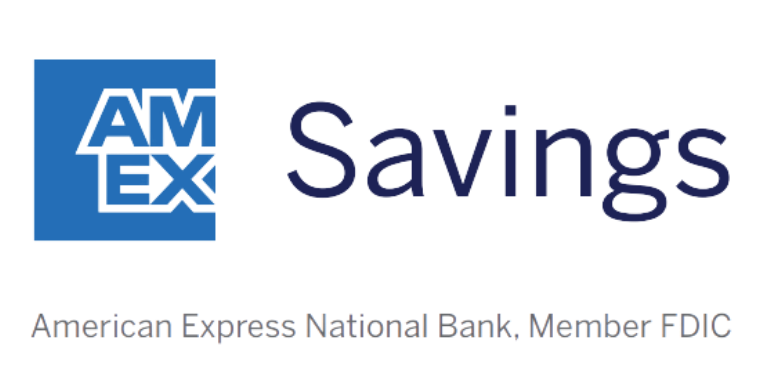You can’t trust all the personal finance advice you see on TikTok — especially if it’s telling you to commit financial crimes. Recently, there was a big kerfuffle on social media where some TikTok users showed themselves depositing bad checks into Chase checking accounts, and then withdrawing cash that they didn’t actually have.
Here’s the problem: “Depositing bad checks and withdrawing cash before the bank finds out” is not some clever social media personal finance hack. It’s a crime. If you do it, you can lose your bank account privileges and go to jail.
This isn’t the only Gen Z “finance hack” in the news lately that’s actually a crime. Let’s look at a few reasons why committing fraud against banks and credit card companies can ultimately cost you a lot more than it’s worth.
What happened with the Chase checking account “glitch” TikTok scheme
Viral videos on social media recently showed people standing in line outside a Chase bank branch. Some people on TikTok allegedly claimed that they were getting “free money” due to a Chase bank glitch, where people could write themselves a bad check for more money than they actually had in a bank account, and then deposit it with Chase. Due to the glitch, Chase was (apparently) letting people withdraw the full amounts of these bad checks, in cash, immediately.
Our Picks for the Best High-Yield Savings Accounts of 2024
|
Capital One 360 Performance Savings 
APY 4.25%
|
APY 4.25%
|
Min. to earn $0 |
|
CIT Platinum Savings 
APY 4.85% APY for balances of $5,000 or more
Min. to earn $100 to open account, $5,000 for max APY
|
APY 4.85% APY for balances of $5,000 or more
|
Min. to earn $100 to open account, $5,000 for max APY |
|
American Express® High Yield Savings 
APY 4.25%
|
APY 4.25%
|
Min. to earn $0 |
But writing a bad check and then withdrawing the money is a federal crime, a form of bank fraud called “check kiting.” It’s an easy crime for banks to detect, it’s easy to prove in court, and it’s punishable by up to $1 million in fines and up to 30 years in prison.
Chase quickly fixed the glitch with its checking accounts. Normally when you deposit a check, the full amount of funds are not available for immediate withdrawal because the bank has to make sure the check clears and the funds are legit. This delay helps protect banks and customers from bad checks, and from fraudulent TikTok personal finance advice.
The moral of the story: Don’t commit bank fraud. And don’t listen to sketchy TikTok advice that claims to help you get “free money” by gaming the system. If you don’t manage your bank account responsibly and honestly, you could get a bad report on your ChexSystems history. If banks flag you as a dishonest or irresponsible customer, you could lose your privileges to open a bank account in the future.
Chargeback fraud: When buyer’s remorse can put you in prison
Have you ever wanted to buy something that you couldn’t quite afford? After buying a big-ticket item on a credit card, some people who struggle to make ends meet might feel tempted to get their money back. One way to do that is to call the credit card company and claim that the transaction was unauthorized, even though the purchase was legitimate and the customer was happy with it.
That allows people to get a refund on their credit card while keeping the items they bought — “free money,” right? Wrong! This is called “chargeback fraud,” also known as “first-party fraud” or “friendly fraud.” But friendly or not, it’s a type of credit card fraud that can put you in jail. A recent survey from Sift found that 42% of Gen Z (more than any other generation) admitted to engaging in first-party fraud with fraudulent chargebacks.
Chargeback fraud hurts businesses because they often end up having to cover the costs of items when credit card companies cancel payments. It causes credit card companies to put more resources into fraud prevention and investigations, which can raise costs and hurt the customer experience.
Oh, and by the way, credit card fraud is also a crime — with penalties in most states ranging from one to three years in prison, and fines of $1,000 to $10,000.
No matter how tight your monthly budget might get or how regrettable of a purchase you made with your credit card, don’t commit crimes. Get a side hustle instead!
Bottom line
Some TikTok personal finance trends have actually been helpful for Gen Z, like cash stuffing to manage monthly bills, or loud budgeting to draw better boundaries with how you spend your money.
But if some social media finance trend is promising you “free money” by cashing bad checks, or encouraging you to violate personal ethics to get “free stuff” from a credit card company, put the app down and walk away.
Even if you’re in credit card debt or your monthly cash flow is struggling, there are plenty of legitimate ways to improve your personal finances without defrauding banks. Preserving your reputation as a bank customer and maintaining your freedom and personal integrity, is worth more than some short-term, ill-gotten financial gain.
